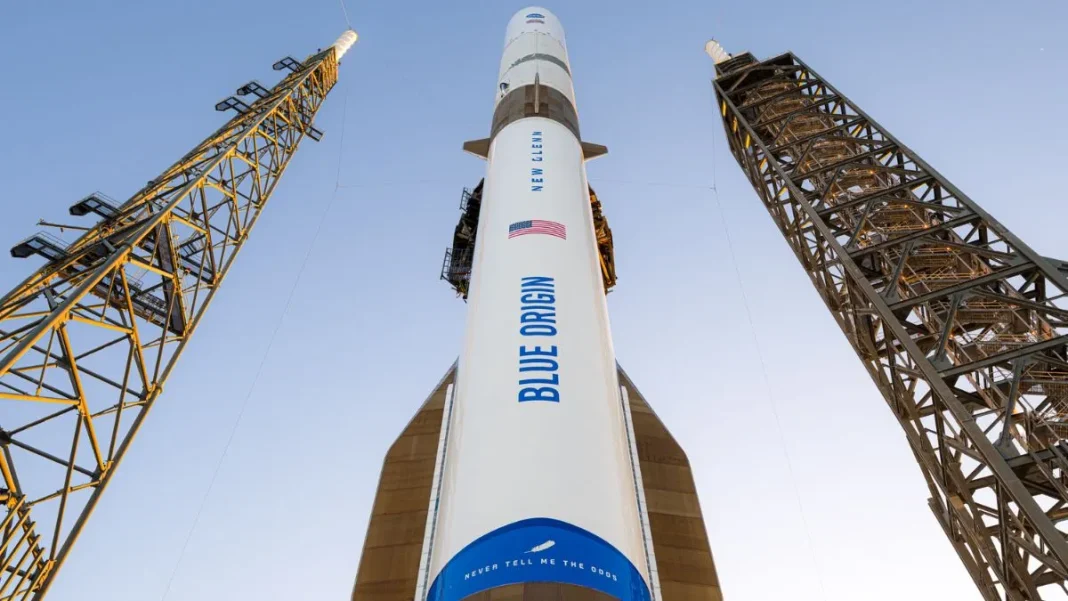Key Takeaways
- Blue Origin’s New Glenn rocket launch with NASA’s ESCAPADE Mars mission was scrubbed on November 9 due to bad weather.
- The new launch date is set for November 12, pending FAA waiver approvals.
- Missing the optimal Mars transfer window could cause significant mission delays.
Blue Origin has postponed the launch of NASA’s ESCAPADE Mars mission due to unsafe weather conditions at Cape Canaveral, Florida. Thick cumulus clouds forced officials to scrub the November 9 attempt during the 88-minute launch window, with a company spokesperson confirming weather violations made liftoff unsafe.
FAA Restrictions Add Launch Pressure
The delay comes during a critical period where the US FAA has imposed a ban on daytime launches amid an ongoing federal government shutdown. While Blue Origin initially sought waivers for backup slots on November 10-11, the company has now secured a confirmed launch opportunity for Wednesday, November 12. This tight timeline increases pressure on NASA, which needs to launch within the optimal Mars transfer window to avoid significant mission delays.
ESCAPADE Mission Objectives
ESCAPADE (Escape and Plasma Acceleration and Dynamics Explorers) represents NASA’s first Mars mission in over five years. The twin orbiters will study:
- How solar wind strips away Mars’ atmosphere
- The effects of space weather on the Red Planet
- Interactions between Mars’ weak magnetic field and charged particles
Built by Rocket Lab for under $80 million, ESCAPADE stands as one of NASA’s most cost-effective planetary missions.
New Glenn Rocket Specifications
This launch marks the second flight of Blue Origin’s heavy-lift New Glenn rocket, designed to compete with SpaceX’s Falcon Heavy. Key features include:
- 321-foot height with multiple BE-4 engines
- Heavy payload capacity for deep space missions
- Planned first-stage recovery for reuse
A successful ESCAPADE launch would represent a major milestone for Blue Origin’s orbital ambitions after years of development delays.
What’s Next for the Mission
NASA and Blue Origin are closely monitoring weather conditions for the November 12 launch attempt. The mission’s success hinges on favorable weather and the issuance of necessary FAA waivers, as missing the current Mars window could result in substantial delays for the Mars magnetosphere study mission.




